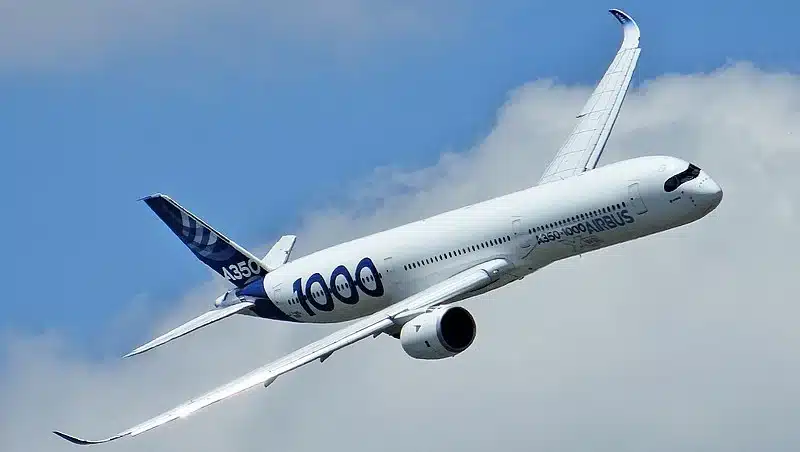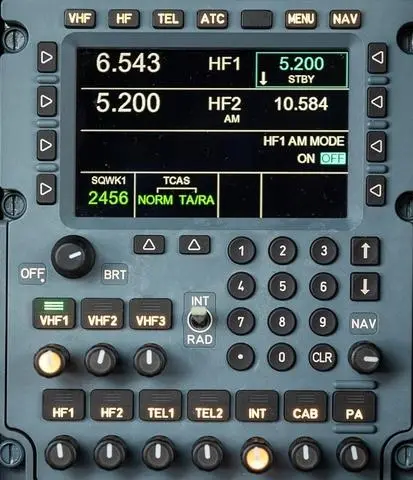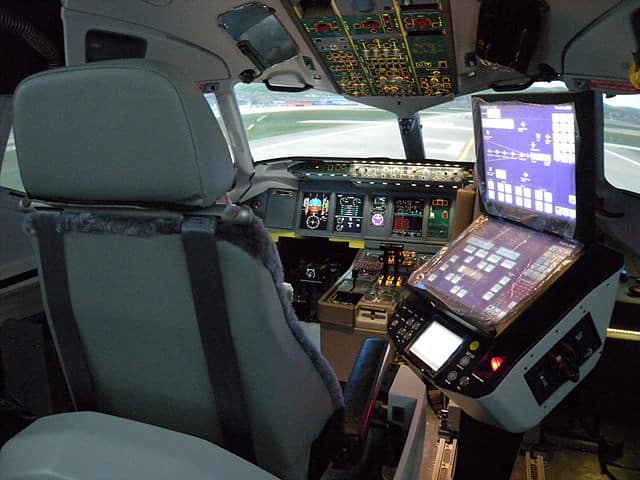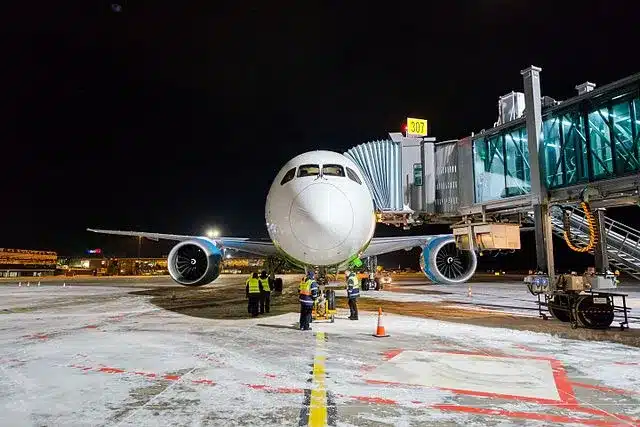Aviation Careers - How to get take-off
Aviation Careers, the Jobs and How to Find them
Welcome to Wingtalkers World of aviation! Whether you’re a student or have already started your journey in our industry, there are countless aviation employment choices out there. From commercial airlines to private operators, cargo carriers to military operations, the sky is the limit (cough!). Join us, because we need you.
If you’re considering a career in aviation, you’ll need to have a strong foundation in math and science, as well as excellent communication and problem-solving skills. You’ll also need to be able to handle the physical and mental demands of the job, including working long hours and being away from home for extended periods of time. But for those who are up to the challenge, a career in aviation can be incredibly rewarding, both personally and professionally.
Not only will you have the chance to travel and see the world, but you’ll also play a critical role in the future of aviation. There’s the small issue of carbon Neutrality by 2050 and our need to reinvent many aspects of aviation.
Right now, we want to connect you to the TOP COMPANIES, Industry outlooks, salaries and requirements. There’s also tips and guides along to the way to help you climb aboard.
Wingtalkers is The hub for all things Aviation and Aerospace. Explore the endless possibilities of a diverse career in aviation – join the ranks of jet streaming professionals taking sustainable flight
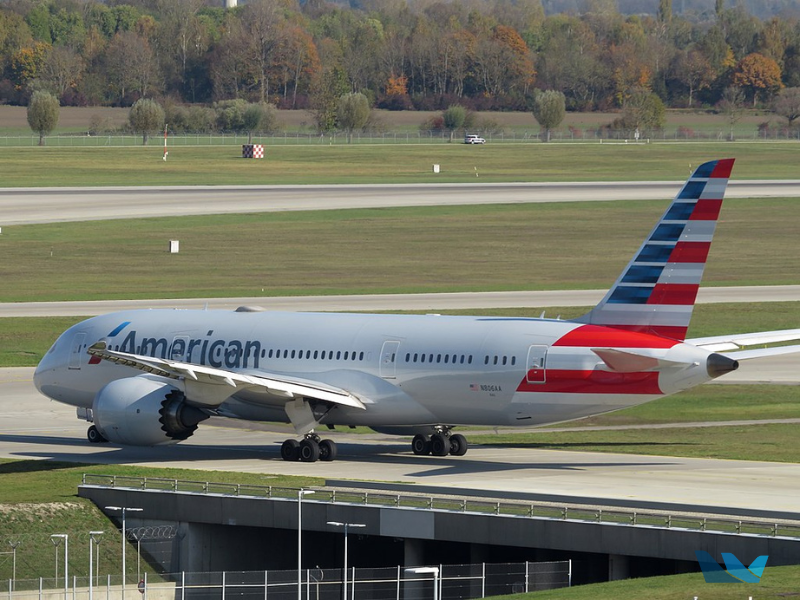
Aviation Industry Overview & Outlook
Some facts in relation to aviation employment worldwide.
• Air transport supports 65.5 million jobs and $2.7 trillion in global economic activity.
• Over 11.3 million people work directly for the industry itself. Aviation jobs are, on average, 4.4 times more productive than other jobs in the economy.
• Air travel carries 35% of world trade by value, but less than 1% by volume.
• Airfares today are around 90% lower than the same journey would have cost in 1950 – this has enabled access to air travel by greater sections of the population.
• Scope of the industry: 1,303 airlines fly 31,717 aircraft on 45,091 routes between 3,759 airports in airspace managed by 170 air navigation service providers.
• 57% of world tourists travel to their destinations by air.
If you want to dive deeper into aviation stats, you can go to ICAO’s Aviation Benefits site or the Air Transport Action Group
The Outlook for the Aviation is mostly positive. Yes there are roles that are shrinking (customer services) but the skilled jobs are all projected to grow in the double digits. All of our data is taken from the Bureau of Labor Statistics (BLS) as of May 2021. The link is included at the bottom of the grid, should you wish to look for other (or more specific) role data.
| Role | 2021 Mean Annual Wage ($) | Projected Employees by 2031 | Entry Level Education | % Increase in Employment by 2031 | Employers |
|---|---|---|---|---|---|
| Pilot | $ 202,180 | 117,000 | Bachelors Degree | 6% | Airlines |
| Flight Attendant | $ 61,640 | 110,000 | High School Diploma | 20% | Airlines |
| Aircraft Maintenance Technician | $ 65,380 | 153,400 | Postsecondary non Degree | 6% | Airlines, MRO, Airports |
| Air Traffic Controller | $ 129,750 | 20,000 | Associates Degree | 1% | ANSP |
| Airport Manager | $ 98,230 | 10,000 | High School Diploma | 8% | Airports |
| Operations Specialist | $ 47,880 | 5,000 | High School Diploma | 8% | Airports |
| Aviation Safety Inspector | $ 77,560 | 15,000 | High School Diploma | 4.5% | Airlines, Airports |
| Ticket/Travel Agent | $ 39,900 | 188,000 | High School Diploma | 7.5% | Airlines, Agencies |
| Aviation Meteorologist | $ 94,570 | 13,700 | Bachelors Degree | 7% | FAA |
| Airline Customer Service Rep | $ 36,920 | 188,000 | High School Diploma | -50% | Airlines, Agencies |
| Aviation Security Officer | $ 45,470 | 32,700 | High School Diploma | 4% | TSA |
| Aviation Insurance Underwriter | $ 76, 390 | 33,800 | Bachelors Degree | 4% | Insurance Companies/Brokers |
| Aviation Planner | $ 76,730 | 35,000 | Bachelors Degree | 2.5% | Airlines |
| Aviation Systems Engineer | $ 122, 270 | 153,400 | Bachelors Degree | 6.3% | Airlines, MROs |
| Aviation Human Resources Specialist | $ 126,230 | 234,000 | Bachelors Degree | 7.3% | Airlines, Airports, MROs |
| Aviation Marketing Manager | $ 135,030 | 106,000 | Bachelors Degre | 10% | Airlines, Airports, MROs |
| Aviation Logistics Specialist | $98,230 | 190,000 | High School Diploma | 9% | Airports, Logistic Companies |
| Aviation Data Analyst | $ 96,710 | 125,000 | Bachelors Degree | 8% | All Employers |
*Salary is Median Range in US 2021 dollars according to the US Bureau of Labor statistics. This has been crossed referenced with five top G7 countries and found to be within 3-5%. For indicative purposes only.
Commercial Aviation Sectors
Commercial Aviation Careers (Operations)
Involves management of all aspects of an airline, including;
- Scheduling, Customer service, ticketing, baggage handling, and aircraft maintenance. Airline operations personnel are responsible for ensuring that flights are safe and efficient
Involves the management of all aspects of an airport including;
- Ground transportation, security, passenger services, and air traffic control. Airport operations personnel are responsible for ensuring that passengers have a safe and pleasant experience while at the airport.
Aircraft Maintenance and Repair.
Aircraft maintenance and repair involves the inspection and repair of aircraft components to ensure that they are in good working order. Some roles are;
- Aircraft Maintenance Technician (AMT), Avionics Technician, Structural Technician, Powerplant Technician, Inspector
Flight Training and Instruction
Flight training and instruction involves teaching pilots how to safely operate an aircraft.
- Flight instructors must be knowledgeable about aviation regulations as well as aircraft systems in order to provide effective instruction.
Air traffic controllers manage air traffic by providing instructions to pilots regarding altitude, speed, direction, weather conditions. Here are some roles;
- Air Traffic Controller, Flight Service Specialist, Terminal Radar approach Specialist, Air Traffic Control Specialist, Air Traffic Control Tower Operator
These can also be “dual-roles” undertaken to your primary role. Some of these are ;
- Safety Manager, Quality Assurance Specialist, Quality Manager, ISO Specialist, Airport Security Officer, Transportation Security Officer (TSO), Air Marshal, Aviation Security Inspector, Security Coordinator
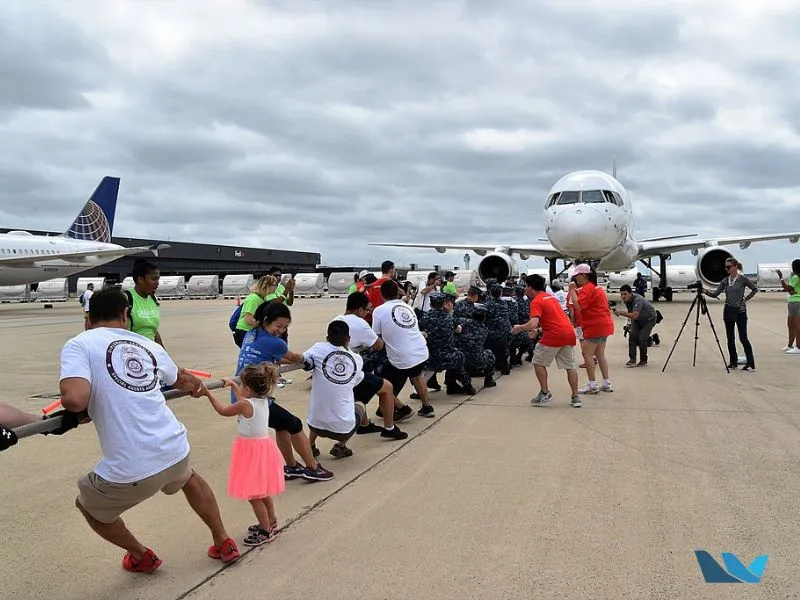
Commercial Aviation Careers (Non-Operational)
Aviation Marketing and Sales:
Professionals who promote or sell aviation products and services, including;
- Airline Ticketing, Cargo shipping, equipment, tooling, SAAS Services, Vehicles and Instruments
Aviation Education and Training
Involves all aspects of Instruction including;
- Pilot Training, Flight Attendant (Or CCA training in EASA), Engineering & Maintenance Courses, Air Law, Air Medicine, Safety, Security or Dangerous Goods Shipping
Aircraft Leasing and Asset Management includes roles such as
- Asset Manager, Leasing Manager, Finance Manager, Sale & Origination, Lease Accountant, Tax Lawyer, Offshore Investment Specialist
Environment, Sustainability & Governance (ESG)
ESG is critical to the future of aviation. Some key roles are
- ESG (or Sustainability) Manager, Corporate Social Responsibility Manager, Governance Officer, Sustainability Analyst, Social Impact Manager, Climate Change Manager
Education and Training
Here at WingTalkers, we have a number of pages dedicated to Aviation and Aerospace Employment and Education and career development
Employee Pathways
Research the different career paths in the aviation industry and decide which one is best suited for you.
2. Obtain a degree or certification in the field of your choice.
3. Take advantage of any available training programs or apprenticeships to gain experience and knowledge in the aviation industry.
4. Network with professionals in the aviation industry to learn more about job opportunities and gain insight into what it takes to be successful in this field.
5. Stay up-to-date on current trends, regulations, and technology related to the aviation industry.
6. Develop strong communication skills as well as problem solving abilities that will help you stand out from other applicants when applying for jobs in this field.
7. Make sure to keep your resume updated with relevant experience and qualifications that are applicable to the aviation industry.
8. Be prepared for interviews by researching potential employers, understanding their needs, and being able to articulate how you can meet those needs through your skillset and experience.


